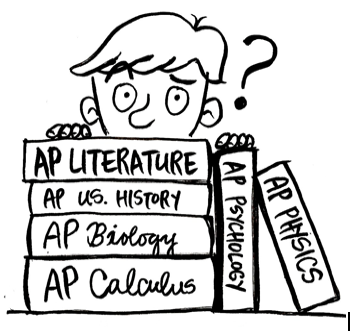Students struggle with summer learning loss; Ways to prevent regression, maintain cognition
June 6, 2023
How helpful is a summer break to students’ academic health? This is a question researchers have been studying for years, and the results are finally coming to a conclusion.
The American Educational Research Journal recently examined this topic across grades one through eight. The non-profit education-driven organization NWEA “found that the average student lost 17-34 percent of the prior year’s learning gains during summer break, as well as that students who lose ground in one summer are more likely to also lose ground in subsequent summers.”
Health teacher Mrs. Jacqueline Williams understands that for math teachers, “there is a lot of knowledge lost” especially in subject areas that are cumulative over the years. Williams hopes that students are always “doing something to keep [their] brains active, like games and puzzles.”
Junior Corbin Peacock stays immune to summer learning loss by engaging in “a lot of reading” over the summer. Also, his family “tends to do random…trivia” in order to stay “active in it.” Peacock recommends that students purposely try new things. ”When you see something that is interesting, don’t just ignore it; ask yourself how do I figure that out?,” states the student.
Peacock believes that keeping his brain active throughout the annual summer break “helps [him] stay ready and prepared for the [future]learning process.” While this struggle is very common for students, there are simple ways to prepare for the next school year. Scholastic advises that parents “let kids read what they want.” Based on this, children should have a variety of texts to read because they “won’t gain as much from summer reading if they aren’t truly enjoying it.”
Secondly, it is important to “make time for smart play.” Everyday brain challenges like puzzles don’t overstrain cognitive function, but still maintain a certain level of consistency. Scholastic also wants students to “get out of the house.” Experts found that images of novelty stimulate the brain and promote learning. These new experiences can expand a child’s understanding of new concepts and refresh the mind.
Fourth and last, imagination is extremely important when it comes to a brain’s capacity. This allows students to expand their vocabulary and learn to blend certain areas and topics together. This blending is extremely important in creative, objective subjects like art, writing, and history. Without meaningful cognitive challenges, students are at risk for the decaying of their previously acquired knowledge.










